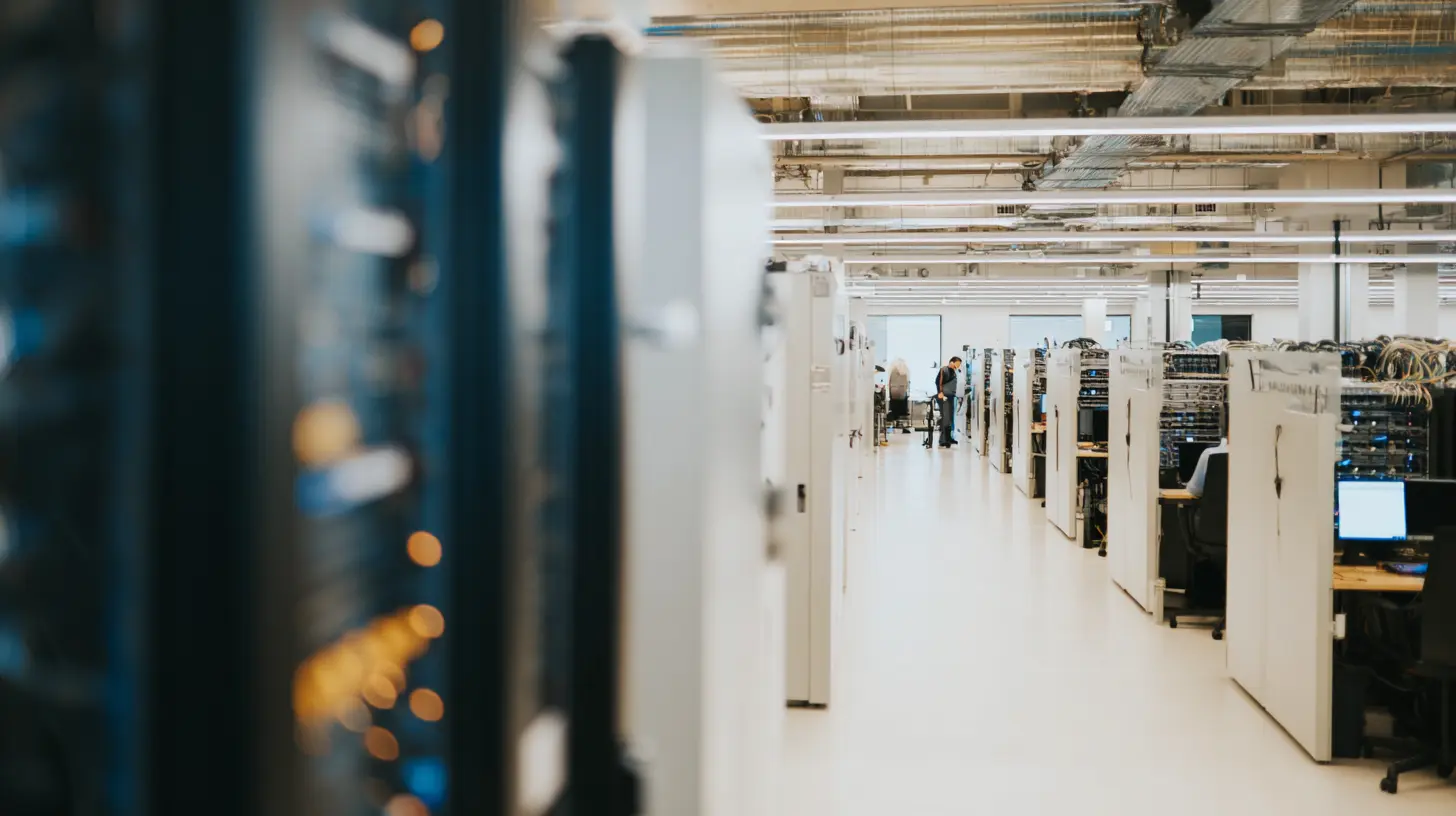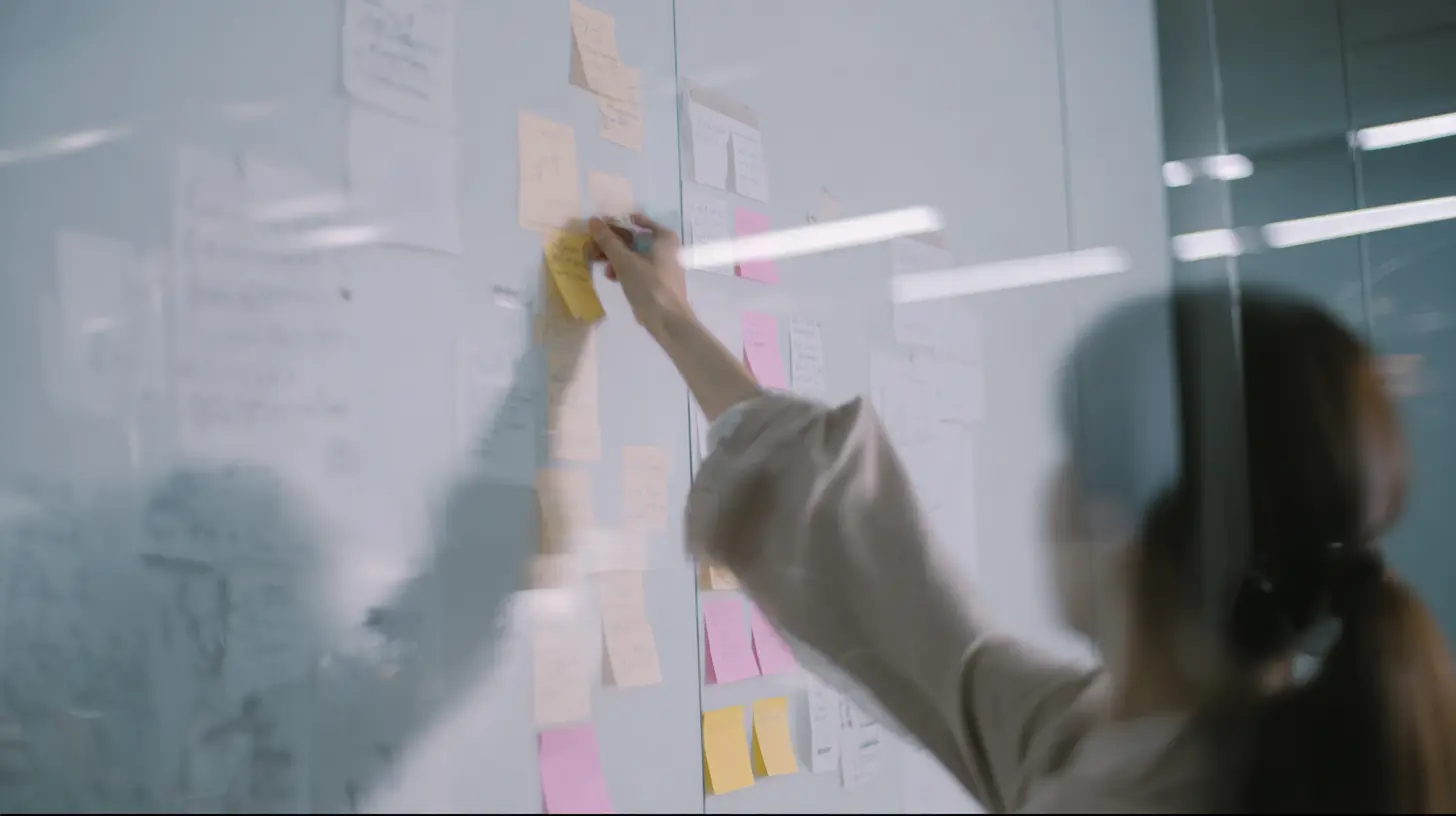Does AI Replace Human Work?
The world is becoming more and more interconnected and narrow due to technology and is closely connected like a village. Reaching around 126 billion U.S. dollars by 2025 the global artificial intelligence (AI) software market is forecast to grow rapidly in the coming years (Liu, 2020).

The world is becoming more and more interconnected and narrow due to technology and is closely connected like a village. The internet of things (IoT) is moving towards an economy of things in which products, processes, machines and algorithms act autonomously to satisfy customers, produce goods and services and create business value. Already today, cyber-physical systems such as robots, autonomous vehicles, logistic systems and automated production systems are dominating large manufacturing halls. Only a few humans are still needed to supervise the monitoring systems. The utilization of this trend does not stop within banks, insurances, or offices. Every cognitive task where we need to think one second before execution can already be outsourced to AI today. This will accelerate to much more complex tasks in the near future.
Reaching around 126 billion U.S. dollars by 2025 the global artificial intelligence (AI) software market is forecast to grow rapidly in the coming years (Liu, 2020).
Statista figures based on 2018 to 2030 forecasts, by segment (in billion U.S. dollars):
- Rob-advisor ($255 billion dollar market)
- Autonomous cars ($87 billion)
- AI analytics ($70 billion)
- Logistics, packaging and materials ($31 billion)
Definition - What is Artificial Intelligence?
Artificial intelligence leverages computers and machines to mimic the problem-solving and decision-making capabilities of the human mind.
— IBM, 2020
According to the English Oxford Living Dictionary, Artificial Intelligence (AI) can be defined as the theory and development of computer systems able to perform tasks normally requiring human intelligence, such as visual perception, speech recognition, decision-making, and translation between languages. However, the birth of talking about AI can be dated back to 1950, when Alan Turing researched Computing Machinery and Intelligence. In his paper, Turing asks the following question: "Can machines think?" Following this question, he developed the now renown “Turing Test”. The test aims at consumer’s reception perspective to assess a machine's ability to exhibit intelligent behavior equivalent to, or indistinguishable from, that of a human.
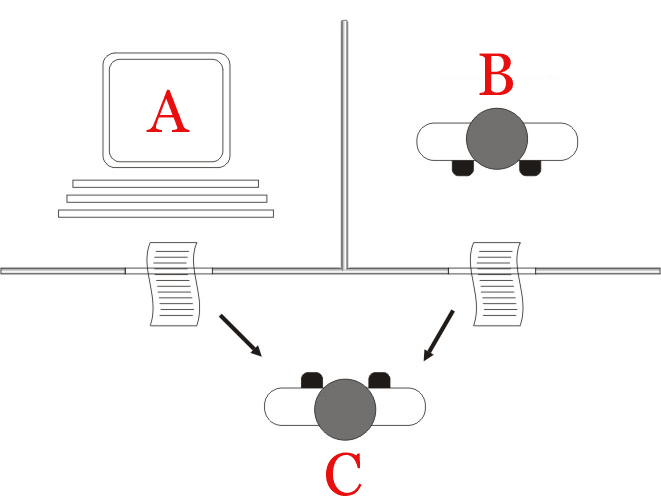
For example. if C has no idea when he/ she talked to a human vs. chat bot then the Turing test has been passed. Highly debated, it yet remains an important part of AI history as well as an ongoing concept to test AI.
Types of Artificial Intelligence - Weak AI vs. Strong AI

AI can be categorized in Weak AI – also known as Narrow AI or Artificial Narrow Intelligence versus Strong AI – also called General/ Super AI, Artificial General Intelligence and Artificial Super Intelligence (IBM, 2020). Weak AI specifies AI trained and focused on performing a specific task. For example, a weak AI could be specified on mastering to play chess but cannot transfer that intelligence to another domain. Weak AI can be found in today’s AI most frequently as it enables applications such as Apple's Siri, Amazon's Alexa, IBM Watson, and autonomous vehicles. Strong AI, on the other hand, is a theoretical form of AI where a machine would have an intelligence equaled to humans; it would have a self-aware consciousness that has the ability to solve problems, learn, and plan for the future. It becomes Super AI when it would surpass human abilities by being more intelligent than humans in several domains. Taking into account, that strong AI is yet an entirely theoretical concept with no use cases today researchers are in fact exploring the possibilities. Strong AI can be imagined as a perfect humanoid robot in terms of looks, intelligence and abilities.
What will be left for humans?
A lot. As innovation research has shown, every new technology creates new jobs which we do not know about today. Examples for AI are manifold:
- Personality designers will be needed to create the AI architecture for personalities like Siri and Alexa. They design the images these virtual assistants project to the users.
- AI writers create a character for the AI to make it as human as possible. In the end, this provides the chance to project emotions to the algorithm and build a trusting relationship between the machine and the human.
- Intelligence ethicists assess that AI and its relations are in accordance with the ethical code of society. Google has been initiating an ethical framework to guide military AI in 2018. New tasks are also related to open issues like: Should machines have rights? Should we implant AI chips into humans as Elon Musk suggests with his Neuralink project?
- AI coaches train and teach the AI platforms to become autonomous. The coach has to feed the algorithms with significant data streams for learning and upskilling. By doing so the AI coach enables the machine in the process of learning for self-improvement.
- Personal data brokers analyze the data it collects and is in charge of reselling it to interested companies in the ecosystem.
The Opportunities of AI
Many more jobs and businesses will emerge from the opportunities of connected business. However, the speed of this transformation will be faster than any transition humanity has experienced so far. As a result, we will face structural unemployment in many developed economies, despite the huge number of new jobs that are expected. The reason is obvious: Not every insurance salesman who lost his job will be able to become an AI designer.
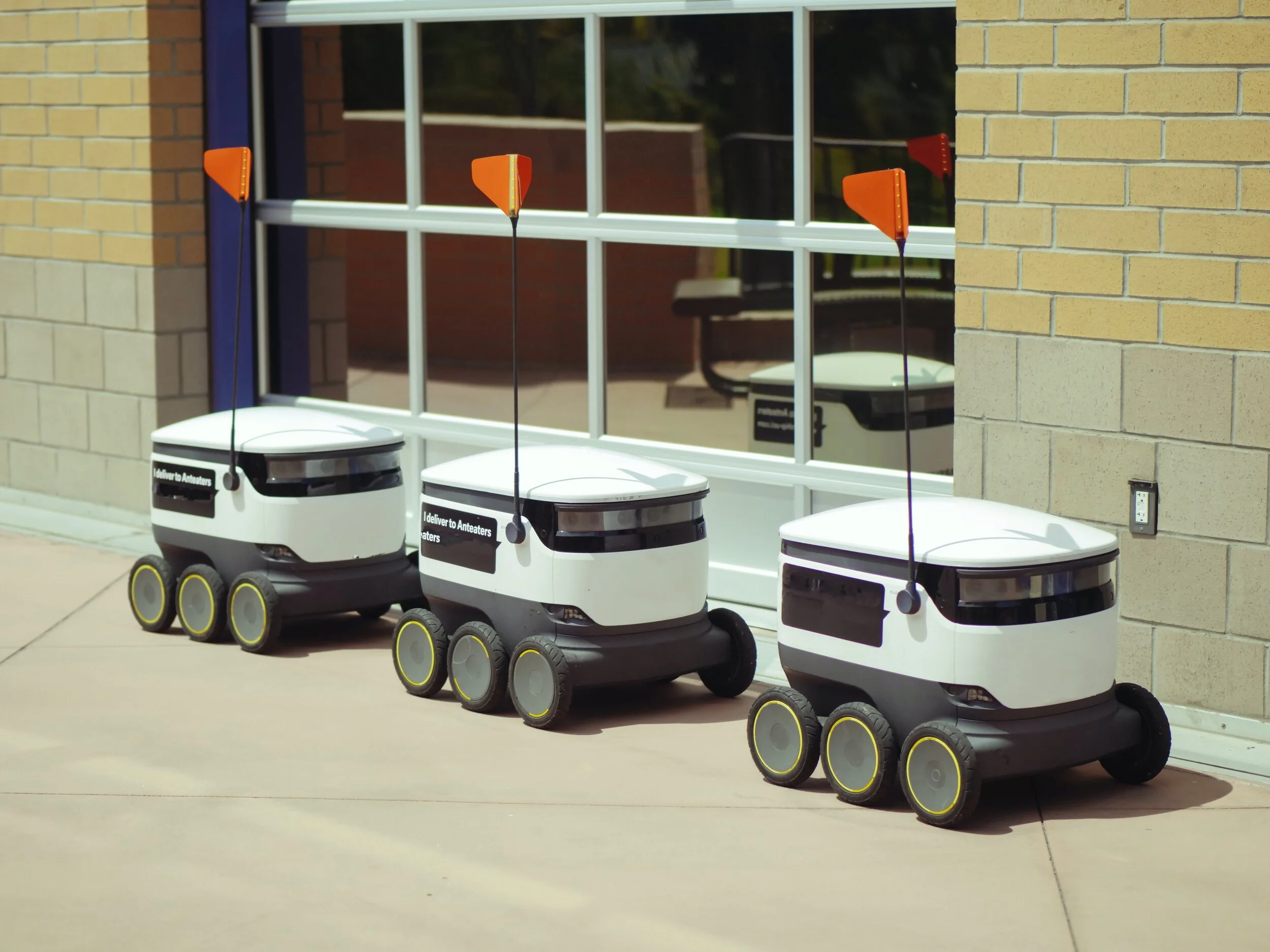
Georg von der Ropp
How to Prepare for these Changes?
The new economy will require more skills in technology. Not everyone needs to be able to code, but business leaders and innovators need to understand the basic mechanisms in order to assess these opportunities and transform their business accordingly. Moreover, employees will need more social skills and empathy – two characteristics a machine can try to imitate but cannot entirely deliver. The future of human work is challenging, interesting and promising at the same time.




.svg)
.svg)
.svg)







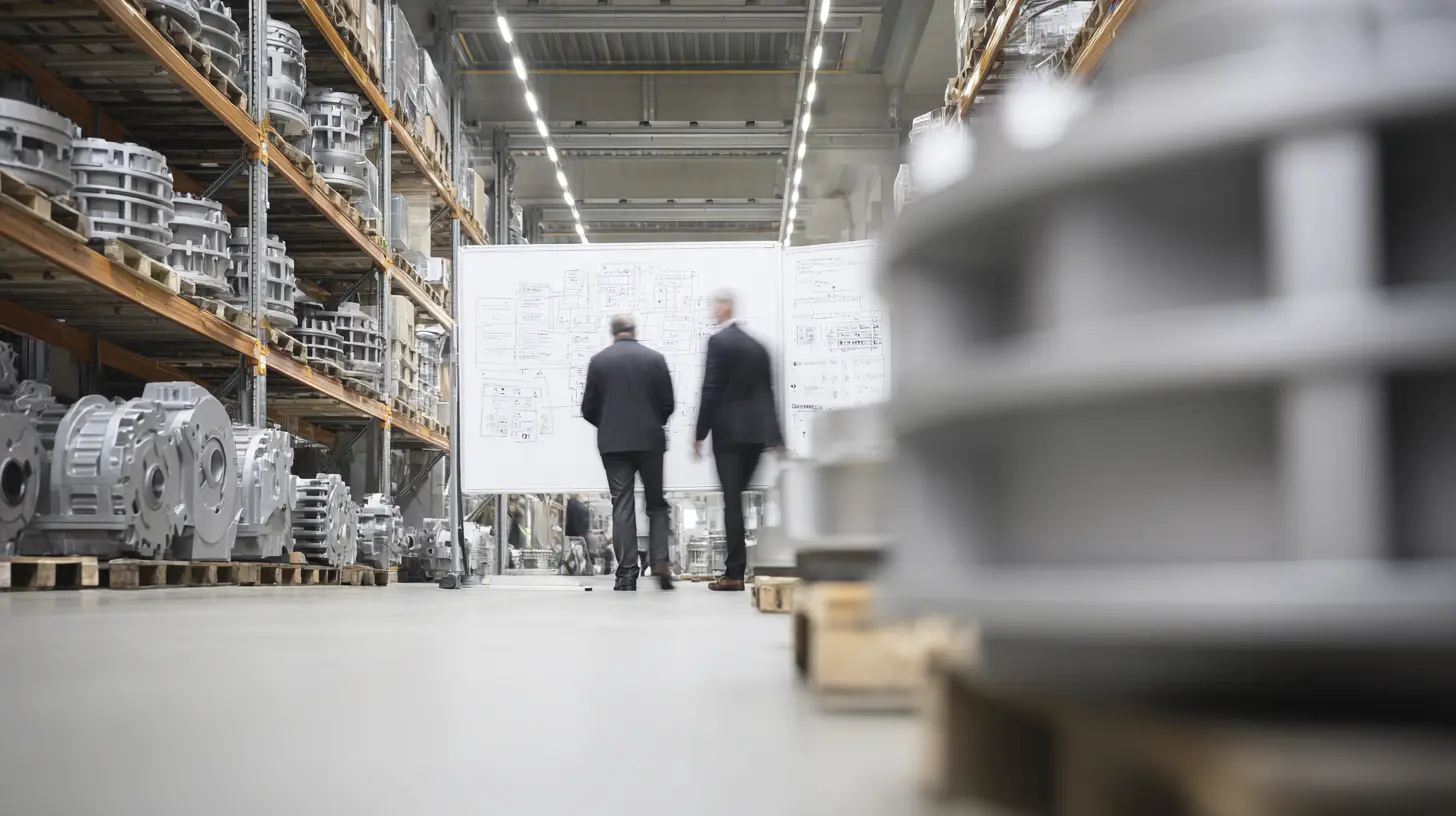


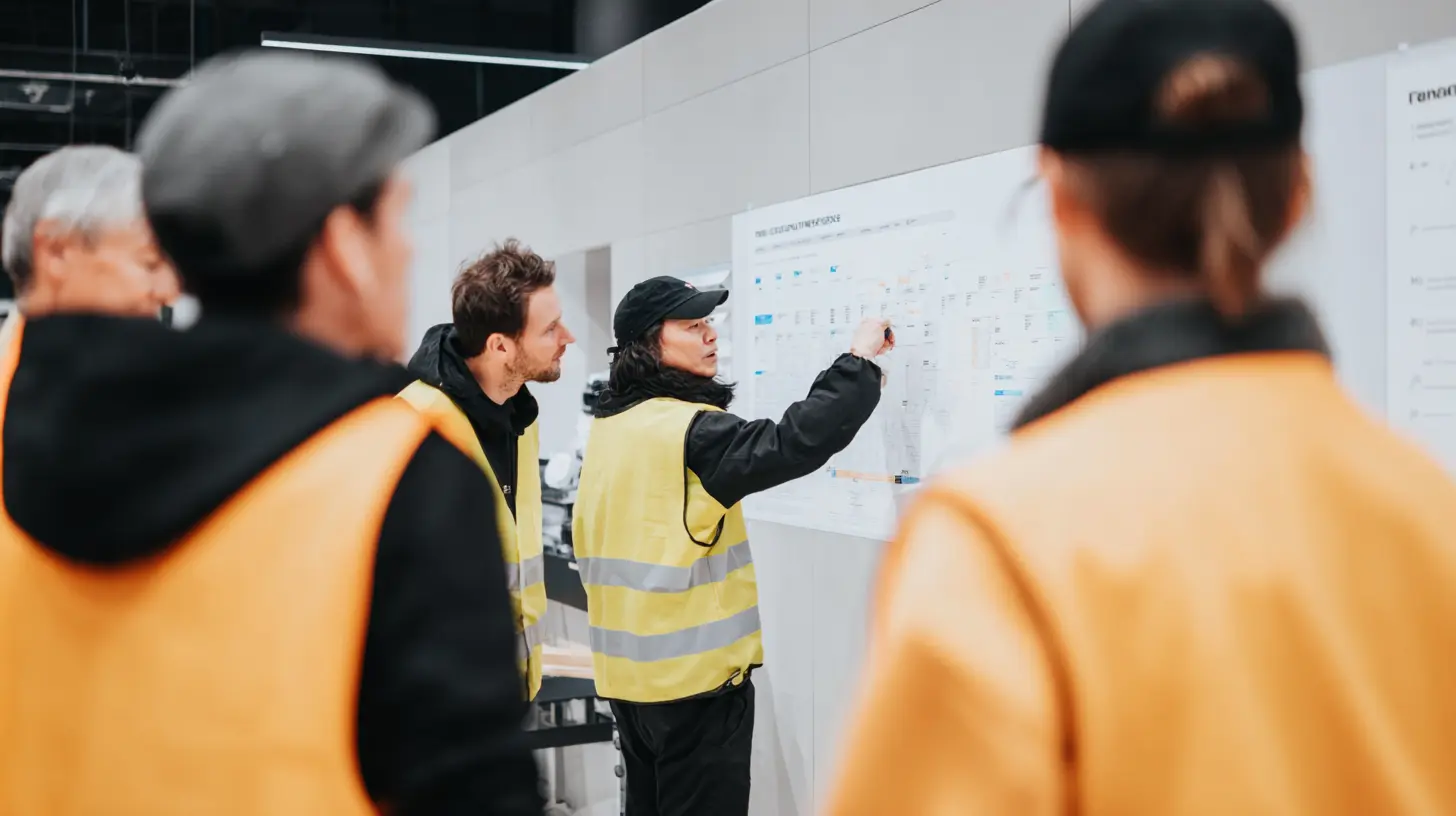

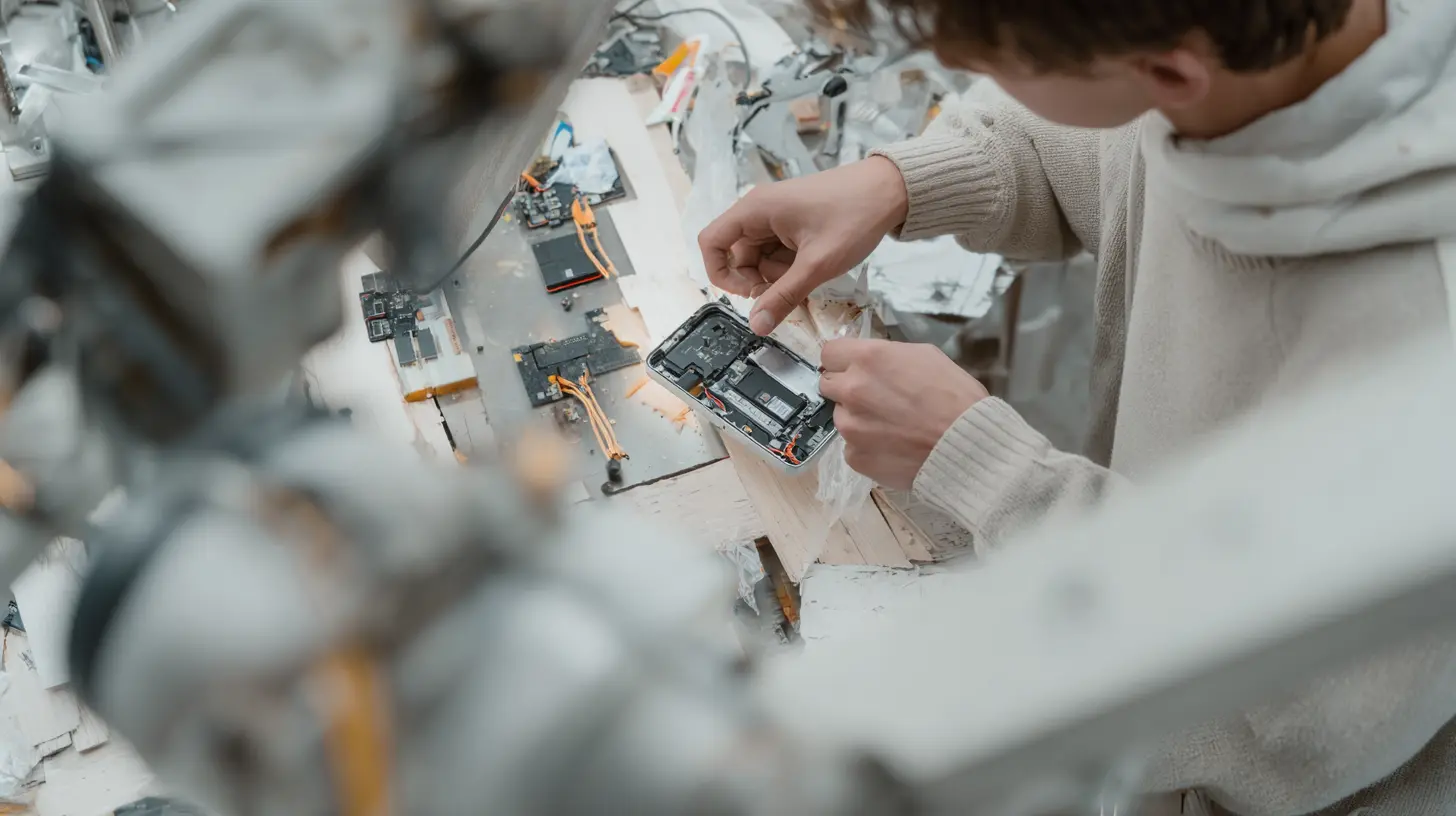








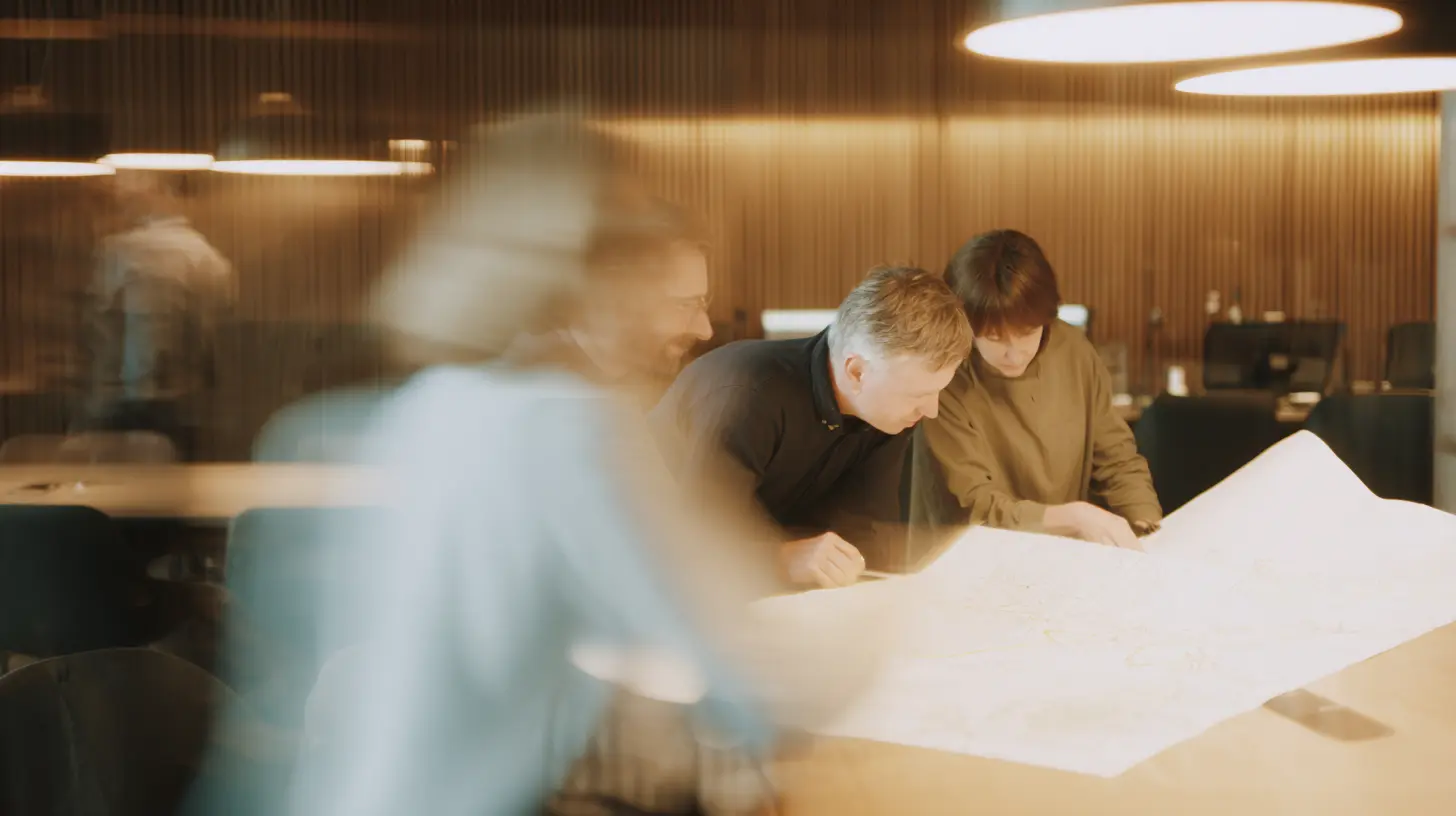


.webp)

